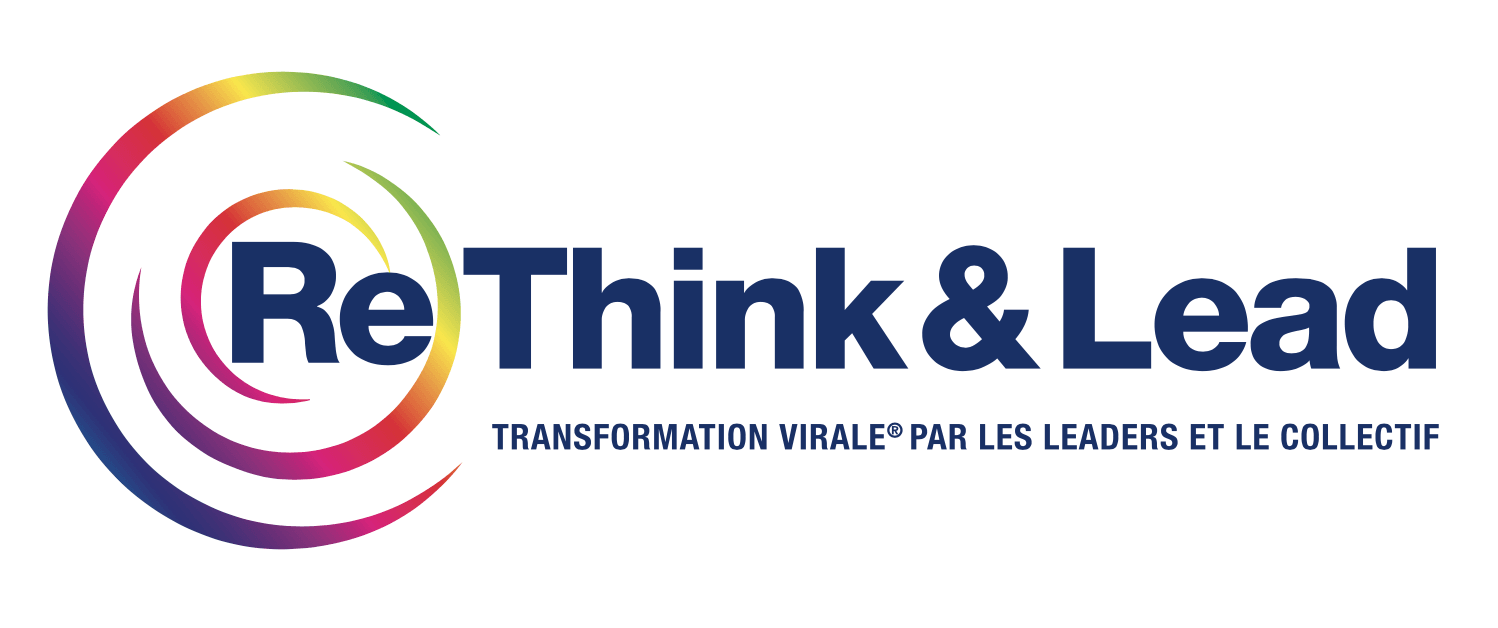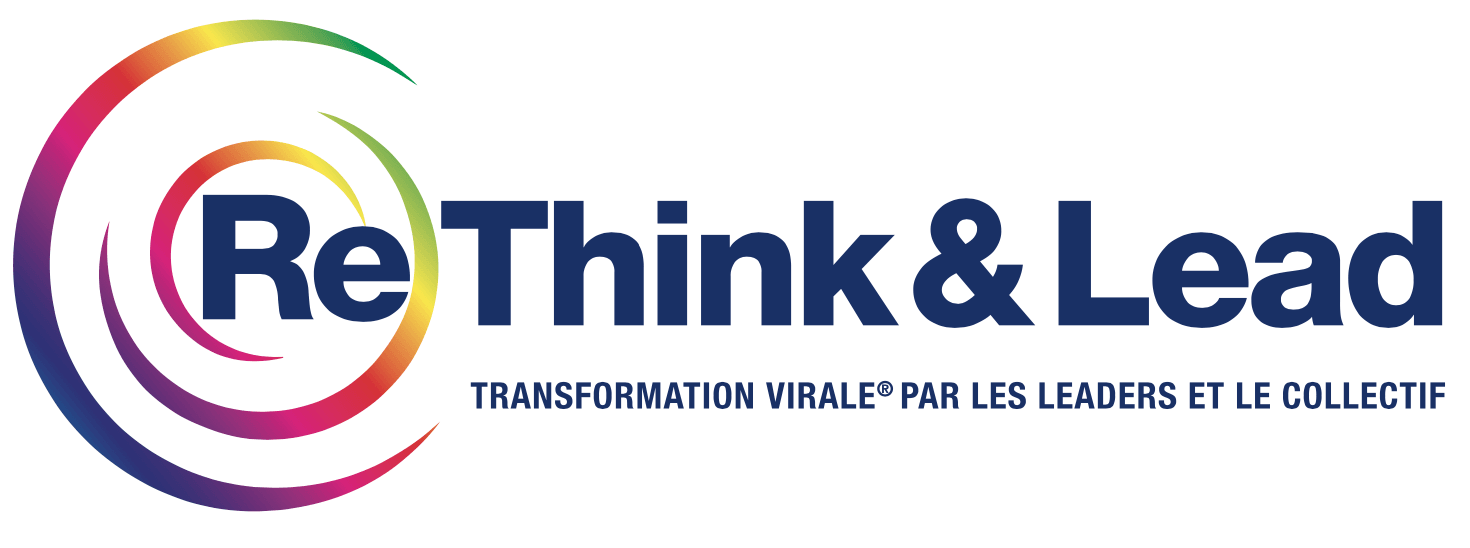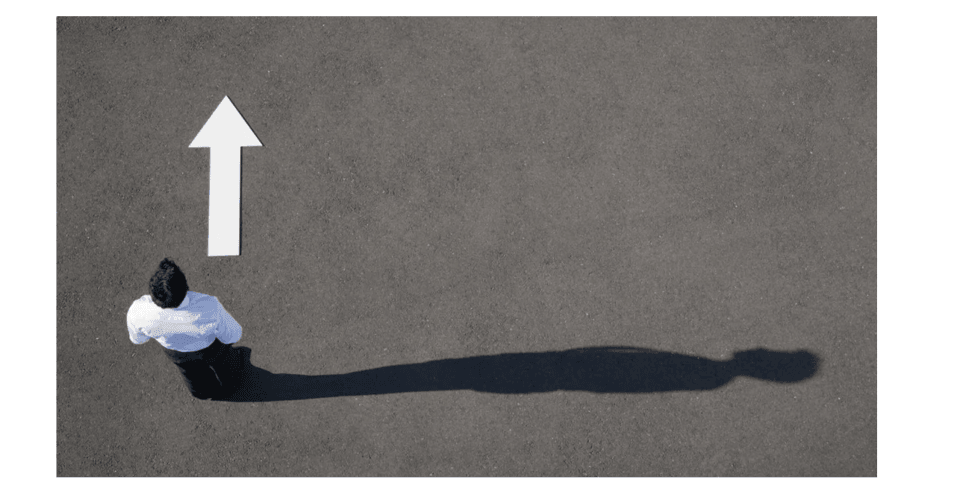When the Health Crisis unleashes certain obstacles to change
Thanks to an exceptional alliance with PSA, Schneider Electric and Valeo, Liquid Air will be able to produce in 50 days the equivalent of 3 years of production to supply French hospitals with 10,000 respirators. Yves Saint-Laurent, Balenciaga and Chanel are beginning to fabricate masks. L’Oreal, LVMH are generously producing antibacterial gel for hospitals and retirement homes; Pernod Ricard is supplying 70,000 of pure alcohol to Cooper to produce 1.8 million individual vials of 50 milliliters. Décathlon is offering its stock of scuba diving masks to healthcare workers and hospitals; Renault is producing 3D visors to protect healthcare workers. And at Sodexo, Denis Machuel and Sophie Bellon, with all the members of the executive board and top 200 managers decided to donate 50% of their salary for 6 months to create a solidarity fund to benefit the most disadvantaged employees.
![]() Reawakening of the Sense leading to responsibility
Reawakening of the Sense leading to responsibility
This crisis, unprecedented and sudden, has installed a permanent threat, health and economic, and has unleashed survival instincts and individual and collective withdrawals identified by the American physiologist Walter Bradford Cannon in the response of Fight-Flight-Freeze. But paradoxically it has woken the meaning and bring the company back to its initial reason of being. The formidable momentum our small, medium and large companies that sell their stock, redeploy teams or mobilize volunteers to lend a hand to another sector, reorganizes their supply chains to face the emergent necessities of healthcare workers in hospitals and retirement homes, remind us every day how companies have had a major role in the response to the ills of society. Mobilized together, they represent more of a solution than the problem.
Le formidable élan de nos petites, moyennes et grandes entreprises qui cèdent leurs stocks, redéploient des équipes ou mobilisent des volontaires pour prêter main-forte à un autre secteur, réorganisent leurs chaînes de production pour faire face à l’urgence des besoins des soignants, des hôpitaux et des Ehpad, rappelle chaque jour combien les entreprises détiennent une grande partie de la réponse aux maux de la société. Mobilisées, elles représentent la solution plus que le problème.
![]() Mobilization increases the capacity of Action
Mobilization increases the capacity of Action
Unleashing numerous obstacles by the sudden and unpredictable nature of the crisis, and its extent, the company unleashes its potential for creativity and responsiveness. Its employees demonstrate their true capacity to engage and to be innovative. Solutions are being found to organize working from home, reorganizing supply and service chains so that business continuity can be ensured while respecting individuals and security conditions. When the meaning is clear and a real and open dialogue permits a reciprocal trust, the impossible becomes possible and personal matters disappear before the collective. Each person knows what they contribute.
![]() The role of a rehabilitated leader
The role of a rehabilitated leader
In such a crisis, the role of a leader becomes clearly essential. Its towards him or her that all eyes turn to in order to find out whether or not to continue and for what. They reassure and give perspective. They create conditions for true exchange, in respect and welcome, aware of the link in the chain that each person represents internally (between departments) as well as externally (customers, suppliers, society) which is essential to sustainability. It values everyone’s contributions and efforts, particularly when ensuring service continuity requires overcoming fears and respecting a strict security framework. The leader must be there, even at a distance, committed - leading by example - and keep alive their values, their desire to act so that their company makes the difference that each employee can be proud of.

Suggested Articles


